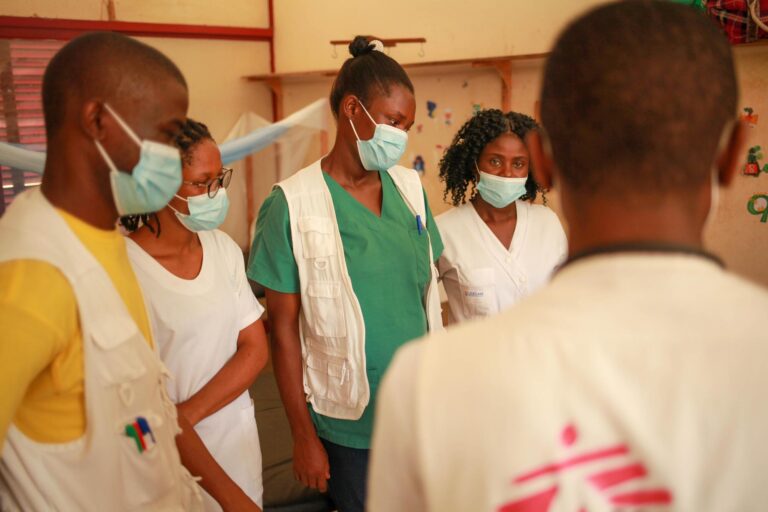Introduction to Health Care in Cameroon
Health care in Cameroon faces numerous challenges stemming from both conflict and disease. The combination of these factors has led to a degraded health care system that struggles to meet the needs of its citizens.
Impact of Ongoing Conflicts
The ongoing conflicts in the Northwest and Southwest regions of Cameroon have significantly impeded healthcare access. Many hospitals and clinics have been damaged or destroyed, making it difficult for residents to receive necessary medical attention.
Prevalence of Infectious Diseases
Infectious diseases remain a major challenge in Cameroon, particularly malaria, HIV/AIDS, and tuberculosis. These diseases pose a significant burden on the already strained health care system, exacerbated by the lack of resources and funding.
Inequitable Access to Health Services
Access to health services is often inequitable, with rural areas facing the greatest challenges. Many communities lack basic health infrastructure, leading to disparities in health outcomes between urban and rural populations.
Government Response and International Aid
The Cameroonian government has made efforts to address health care issues, but progress remains limited. International aid organizations play a critical role in providing resources and support, helping to address some immediate health concerns.
Conclusion: The Path Forward
Addressing the challenges of health care in Cameroon requires a multi-faceted approach. Long-term solutions must consider both the effects of conflict and the ongoing burden of disease. For more information on health care conditions in Cameroon, visit this resource.

